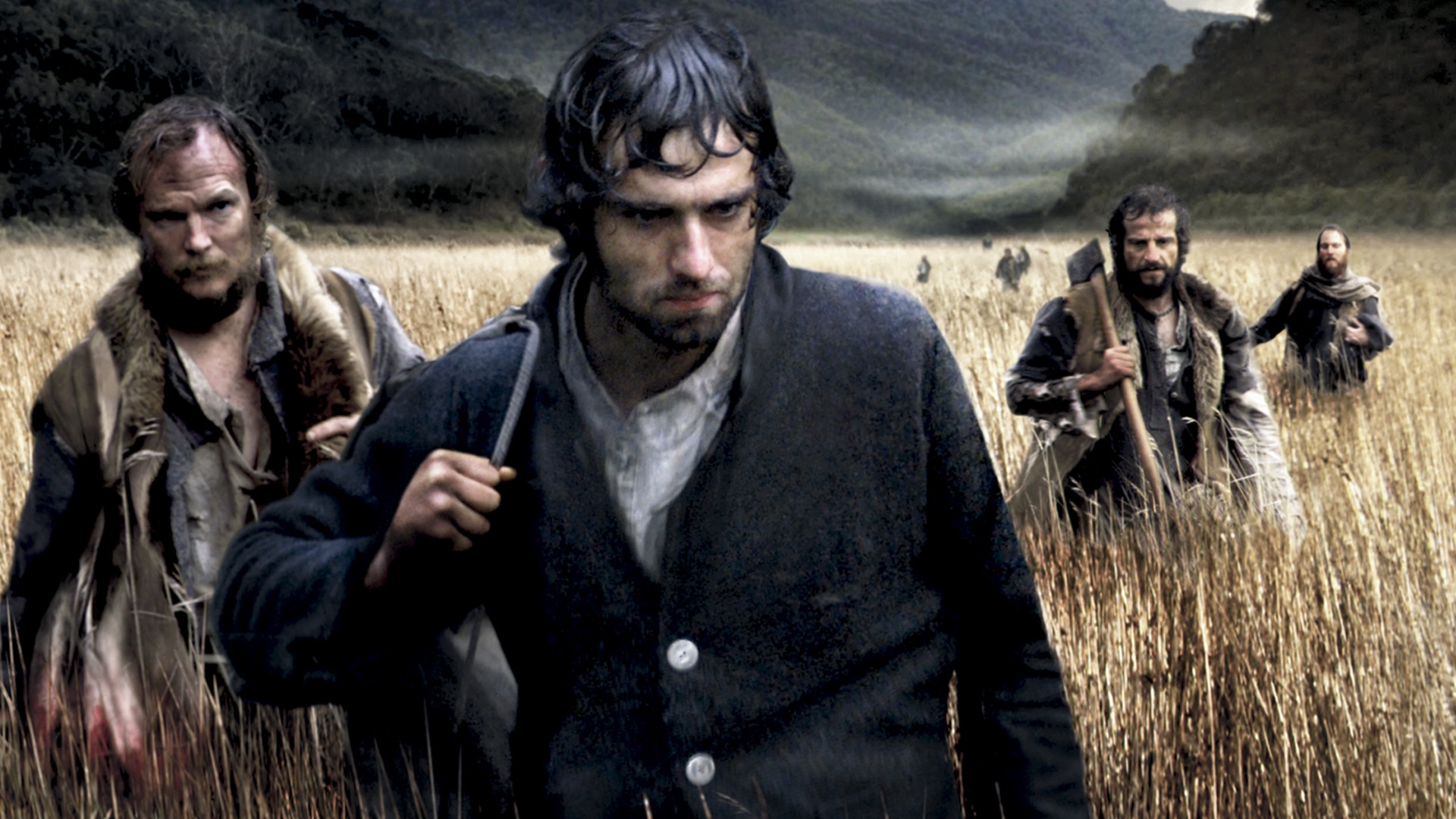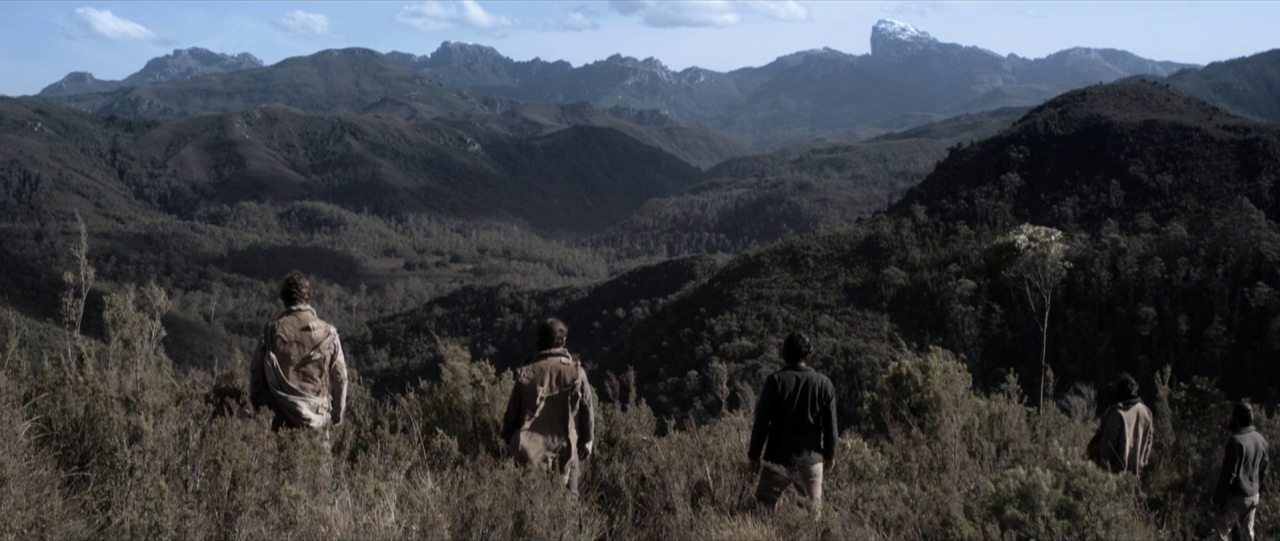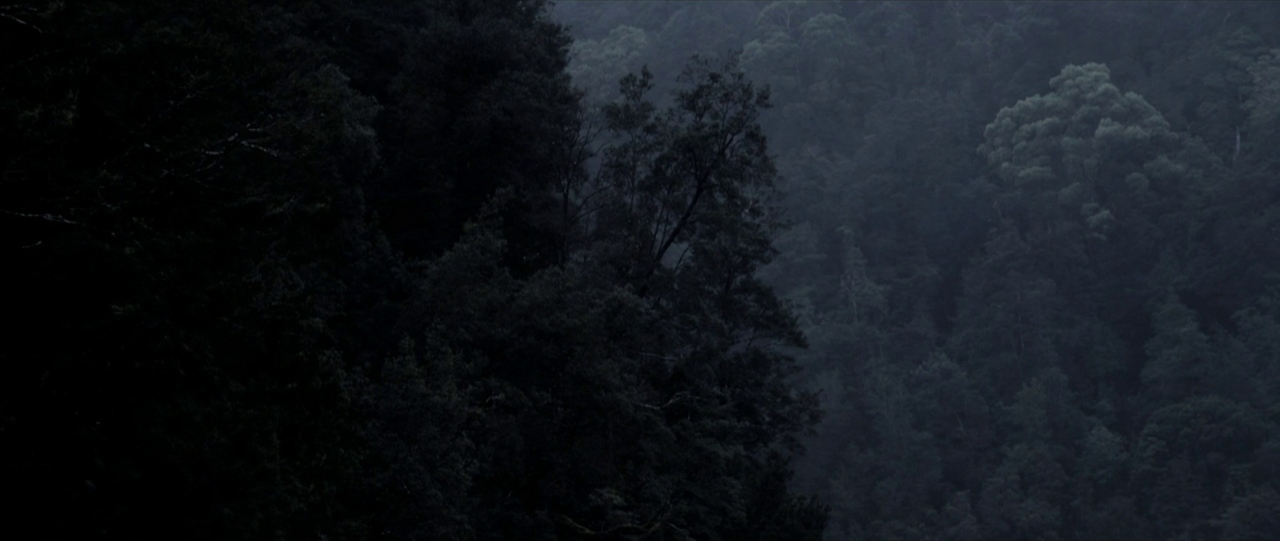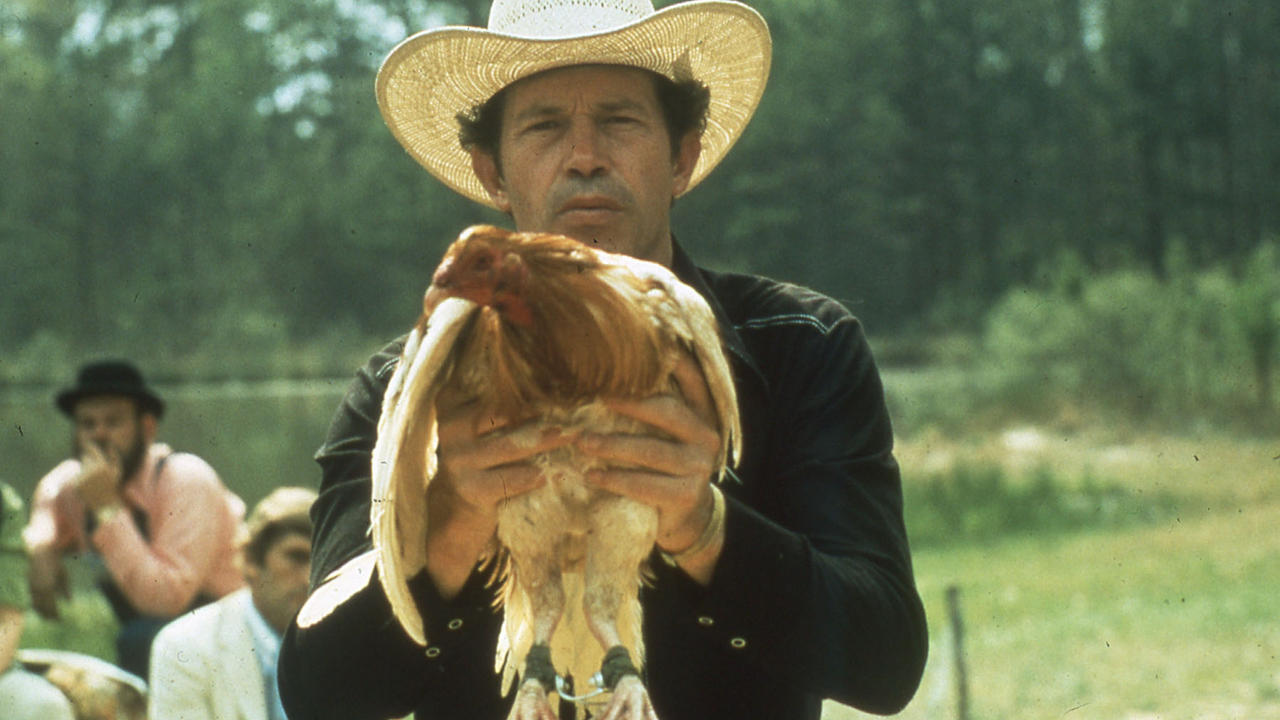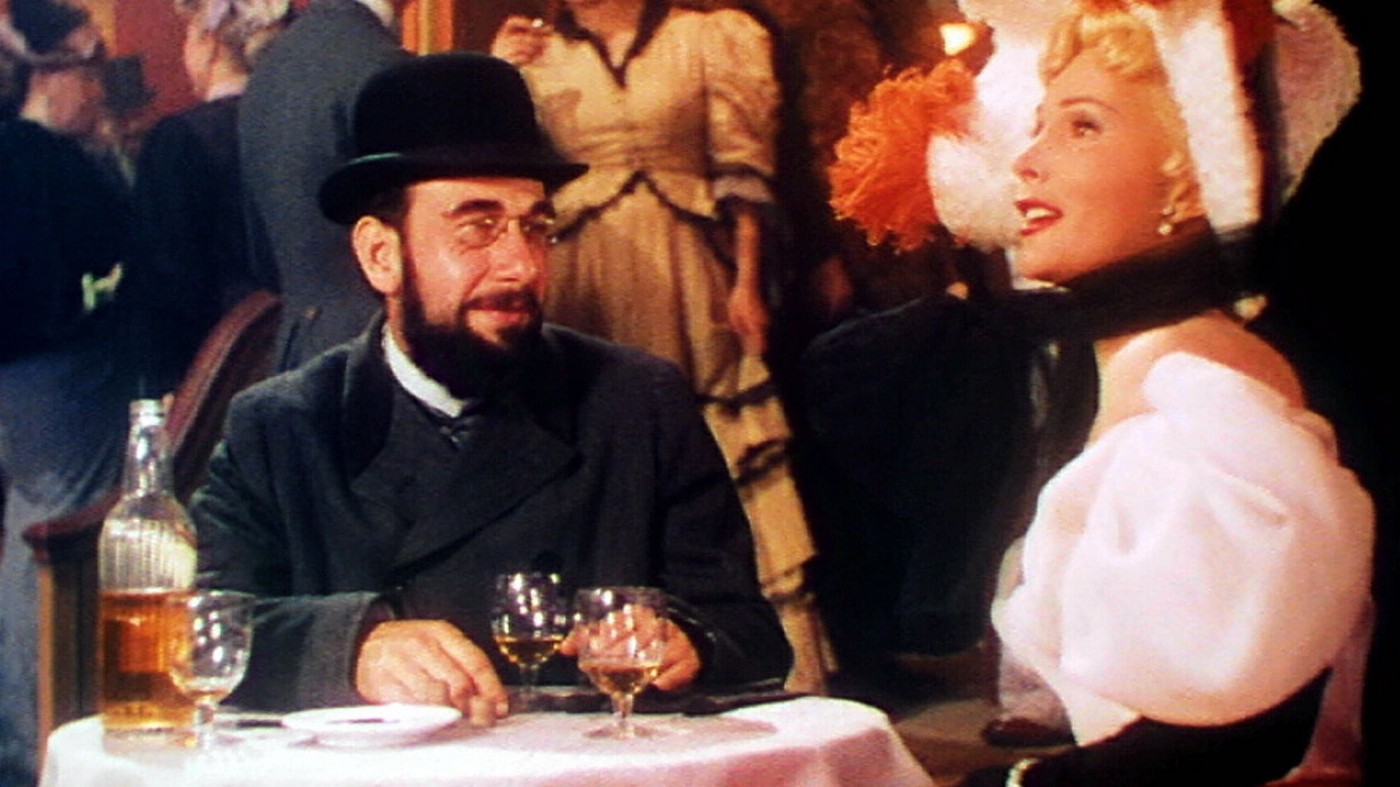- Joined
- May 19, 2014
- Messages
- 7,422
- Reaction score
- 1,087
Oedipus Rex (1967)

Obviously in tackling such a foundational tragedy as Oedipus the interest lies not in the plot elements per se (since everyone will already be at least vaguely familiar with the story - whether via Sophocles or Freud), but in the way that the director chooses to present it. Here Pasoloni gives us an extremely striking version of the tale. I wouldn’t say I loved it, but I appreciate what the film was trying to accomplish and found it extremely interesting.
Although the bulk of the film is still nominally set in Greece, it was filmed in the Moroccan desert; with unusual backdrops and bizarre costumes which certainly aren’t constrained by any historic or geographic reality. Coupled with an unusual soundtrack featuring Romanian folk chants, ancient Japanese court music and Indonesian kecak, it lends a kind of abstract universality to a well-trodden myth.
As a result of Pasolini’s staging we get the sense that the events depicted aren’t rooted in a specifically Greek theatrical tradition, rather they seem to occur almost outside the bounds of time and space. It seems almost alien, tonally as well as visually. No doubt some of the choices may simply be a product of a small budget, but Pasoloni makes it all work very effectively. In visual terms the use of colour and landscape were also very well done.
The strange ‘boundlessness’ of the film is interrupted by the fact that the narrative is actually presented as a triptych, with the main story of Oedipus being bookended by an opening set in 1920’s Lombardy and a closing epilogue in 1960s Bologna. I’m still not entirely certain how to read these insertions, the specificity of which seems to break the timeless ‘myth-world’ of the main story. The former seems to introduce some loosely autobiographical elements, while the latter brings the ancient myth literally into the present day.
Undoubtedly the opening segment connects in some way to the dominant Freudian interpretation of the myth. Certainly Pasoloni also uses the story to explore expected themes such as the role of free will and fatality in the lives of human beings. The opening and closing segments seem to combine as some sort of implied commentary on the changes in Italian society between the two decades. In some ways Pasoloni seems to be playing with both the Freudian Oedipus and the Sophoclian one, using both for his own ends. I’m still not entirely certain what those ends are, but I nonetheless found it a very engaging watch.

Obviously in tackling such a foundational tragedy as Oedipus the interest lies not in the plot elements per se (since everyone will already be at least vaguely familiar with the story - whether via Sophocles or Freud), but in the way that the director chooses to present it. Here Pasoloni gives us an extremely striking version of the tale. I wouldn’t say I loved it, but I appreciate what the film was trying to accomplish and found it extremely interesting.
Although the bulk of the film is still nominally set in Greece, it was filmed in the Moroccan desert; with unusual backdrops and bizarre costumes which certainly aren’t constrained by any historic or geographic reality. Coupled with an unusual soundtrack featuring Romanian folk chants, ancient Japanese court music and Indonesian kecak, it lends a kind of abstract universality to a well-trodden myth.
As a result of Pasolini’s staging we get the sense that the events depicted aren’t rooted in a specifically Greek theatrical tradition, rather they seem to occur almost outside the bounds of time and space. It seems almost alien, tonally as well as visually. No doubt some of the choices may simply be a product of a small budget, but Pasoloni makes it all work very effectively. In visual terms the use of colour and landscape were also very well done.
The strange ‘boundlessness’ of the film is interrupted by the fact that the narrative is actually presented as a triptych, with the main story of Oedipus being bookended by an opening set in 1920’s Lombardy and a closing epilogue in 1960s Bologna. I’m still not entirely certain how to read these insertions, the specificity of which seems to break the timeless ‘myth-world’ of the main story. The former seems to introduce some loosely autobiographical elements, while the latter brings the ancient myth literally into the present day.
Undoubtedly the opening segment connects in some way to the dominant Freudian interpretation of the myth. Certainly Pasoloni also uses the story to explore expected themes such as the role of free will and fatality in the lives of human beings. The opening and closing segments seem to combine as some sort of implied commentary on the changes in Italian society between the two decades. In some ways Pasoloni seems to be playing with both the Freudian Oedipus and the Sophoclian one, using both for his own ends. I’m still not entirely certain what those ends are, but I nonetheless found it a very engaging watch.
Last edited:





